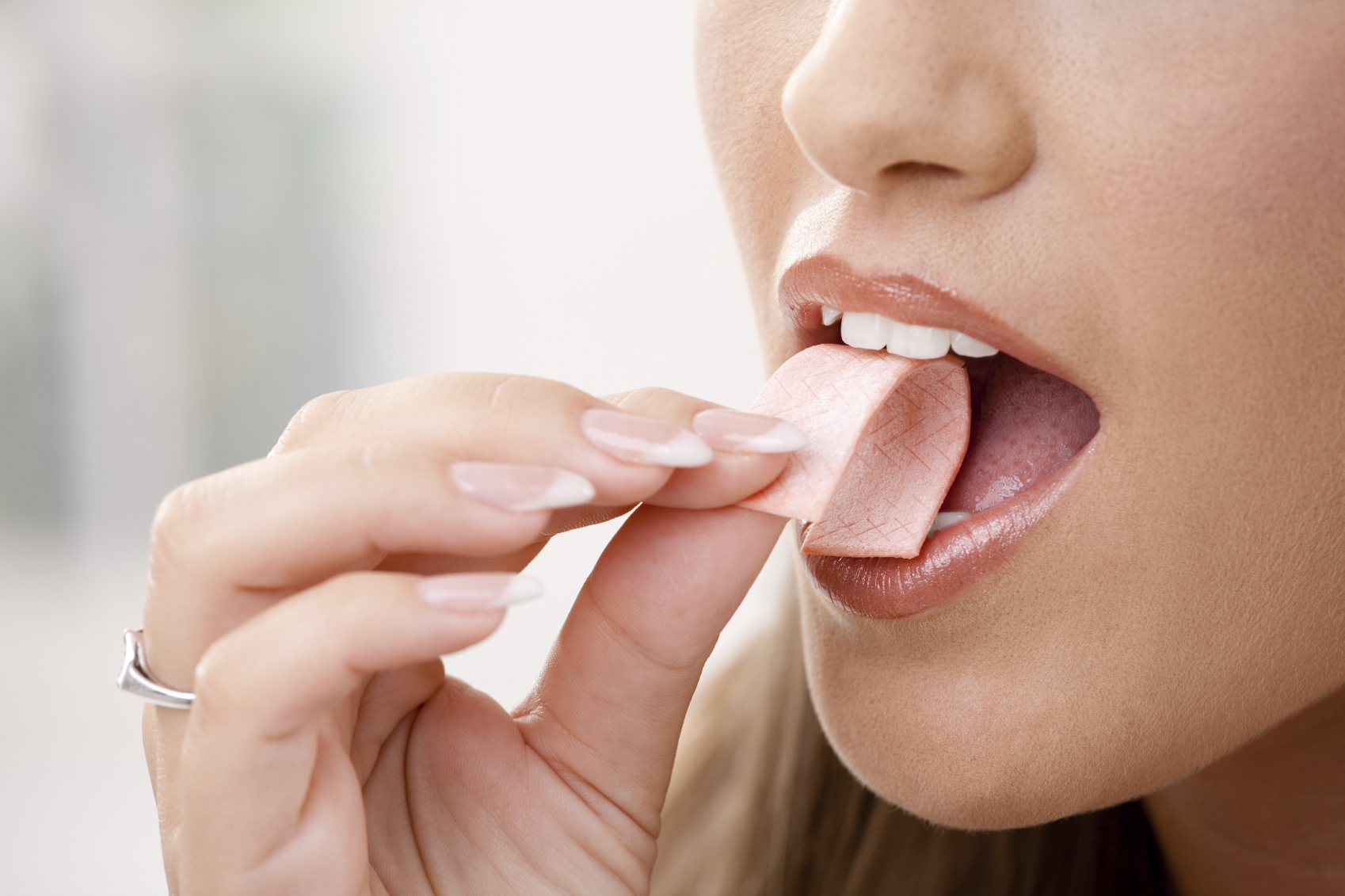Bad breath, also known as halitosis, is a common and often embarrassing condition that can affect anyone at any age. While it’s a prevalent issue, its impact on social interactions and self-esteem cannot be overstated. In this blog post, we will delve into the causes of bad breath, effective prevention strategies, and lifestyle changes to keep your breath fresh and your confidence soaring.
Understanding the Causes:
- Poor Oral Hygiene: the most common cause of bad breath is inadequate oral hygiene. Bacteria thrive in the mouth, feeding on food particles left behind after meals. Regular brushing, flossing, and tongue cleaning can significantly reduce the bacterial load, preventing bad breath.
- Dry Mouth: saliva plays a crucial role in maintaining oral health by neutralizing acids and washing away debris. Dry mouth, often caused by certain medications or dehydration, reduces saliva production, creating an environment where bacteria flourish and contribute to bad breath.
- Diet: the foods we consume can directly impact our breath. Strong-smelling foods like garlic, onions, and certain spices can leave a lingering odor. Additionally, crash diets or low-carbohydrate diets can lead to the production of ketones, resulting in an unpleasant breath.
- Tobacco Use: smoking and using tobacco products not only stains teeth but also contributes to bad breath. These habits can irritate the gums, leading to gum disease, another major factor in halitosis.
- Medical Conditions: underlying medical conditions such as respiratory infections, diabetes, and gastrointestinal issues can manifest as bad breath. Addressing these health concerns can often alleviate the associated oral odor.
Prevention Strategies:
- Maintain Excellent Oral Hygiene: brush your teeth at least twice a day, floss daily, and use an antimicrobial mouthwash to eliminate bacteria and plaque buildup.
- Stay Hydrated: drinking an adequate amount of water helps maintain saliva production, preventing dry mouth and reducing the risk of bad breath.
- Watch Your Diet: limit the consumption of strong-smelling foods and beverages. Opt for a balanced diet rich in fruits and vegetables to promote oral health.
- Quit Smoking: if you smoke or use tobacco products, quitting can improve not only your breath but also your overall health.
- Regular Dental Checkups: scheduling regular dental appointments allows your dentist to detect and address oral health issues before they contribute to bad breath.
Lifestyle Changes:
- Go Sugar-Free: chewing sugar-free gum or sucking on sugar-free mints can stimulate saliva flow, helping to keep your mouth moist and fresh.
- Maintain a Healthy Lifestyle: exercise regularly, eat a balanced diet, and manage stress to promote overall well-being, which can indirectly contribute to better oral health
Banishing bad breath requires a multi-faceted approach involving good oral hygiene, healthy lifestyle choices, and addressing underlying health issues. By incorporating these strategies into your daily routine, you can confidently embrace a fresher breath and a more positive social experience. Remember, a little effort goes a long way in the fight against bad breath!
Interested in learning more? Call to schedule an appointment today at 702-735-2755 or visit us online at www.patricksimonedds.com today.
Dr. Patrick Simone proudly serves patients from Henderson and all surrounding areas.


